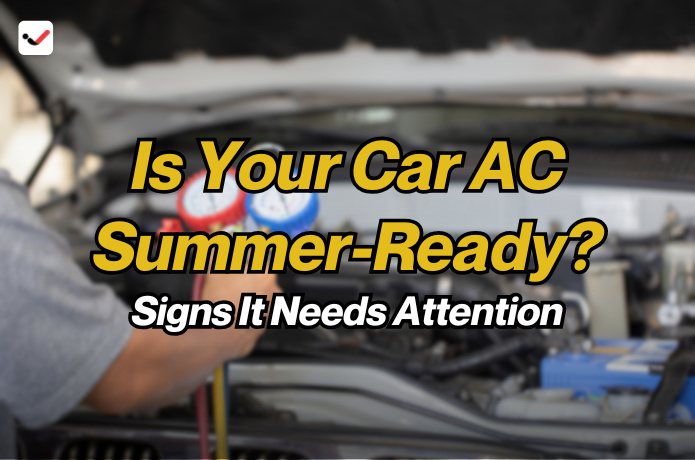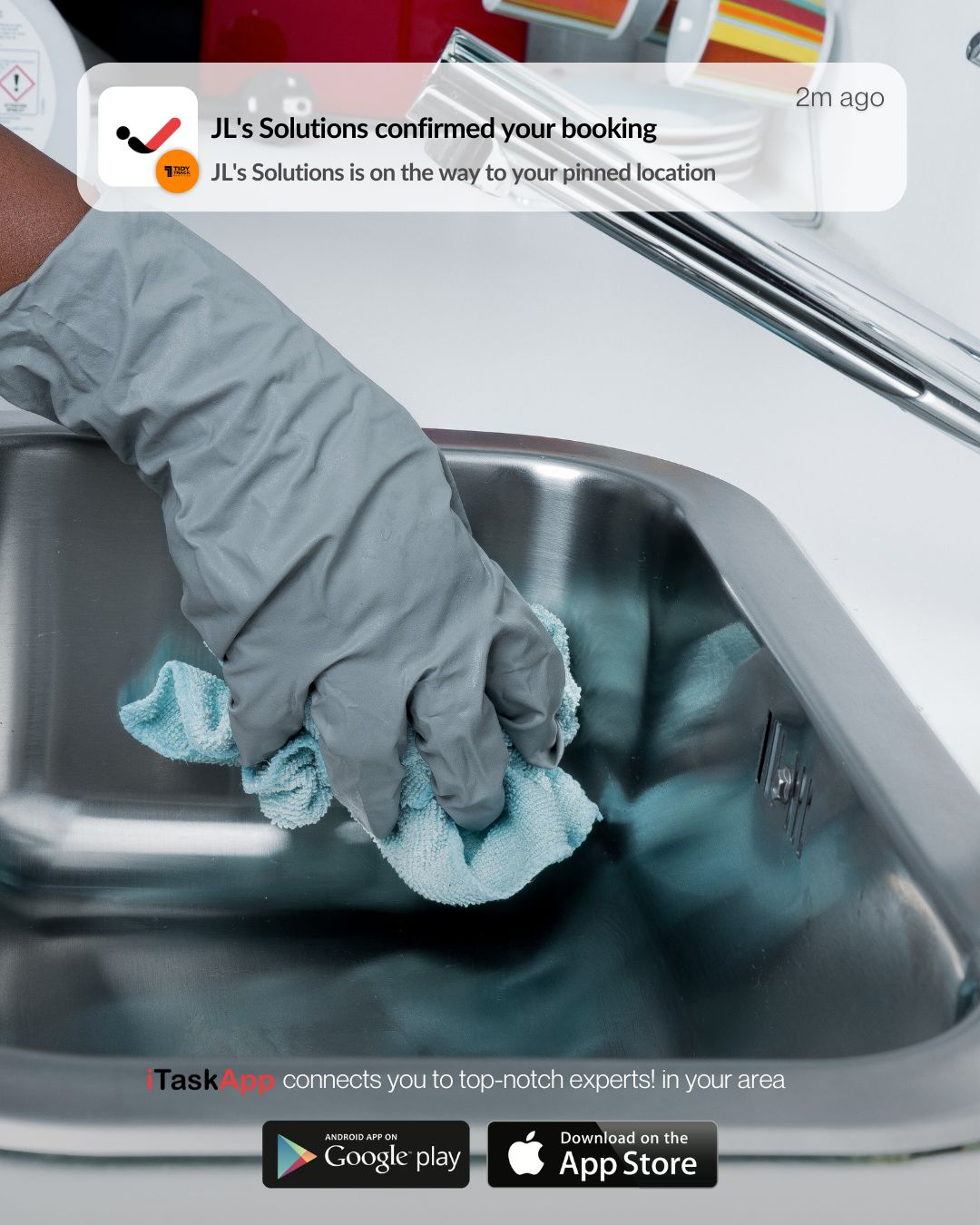Is Your Car AC Summer-Ready? Signs It Needs Attention
Is Your Car AC Summer-Ready? Signs It Needs Attention

When summer arrives, most drivers rely on their car’s air conditioning system to stay cool and comfortable on the road. Whether you're driving around town or heading out on a road trip, a working AC system makes a big difference. But like other parts of your car, your air conditioner can wear down over time. If it’s not working properly, you might end up sweating during your drive instead of staying refreshed.
Catching problems early can help you avoid costly repairs and uncomfortable trips. Knowing the signs that your car AC needs attention is an important part of summer car maintenance. From strange smells to weak airflow, these warning signals can help you stay ahead of the heat. Below are the most common signs that your car’s AC system may need service or repair before summer gets too hot.
1. Weak or No Airflow
If you turn on your car’s AC and the airflow feels weak or barely there, this is a clear sign something’s wrong. The air might still be cold, but if it's not coming out strong enough, it won't cool the car properly. This could be caused by a clogged cabin air filter, a failing blower motor, or problems with the ventilation system. Getting this fixed early can help your car cool down faster and more efficiently on hot days.
2. Warm Air Instead of Cold
One of the most obvious signs your car AC needs repair is when it starts blowing warm or room-temperature air. This could mean the refrigerant level is low or that there’s a leak in the system. A faulty compressor or a broken condenser can also cause this problem. If your car AC is not blowing cold air, it’s a sign that you should bring it to a mechanic for inspection.
3. Strange Noises When the AC is On
When your car’s air conditioner makes unusual noises like rattling, buzzing, or grinding, it could mean internal parts are worn out or damaged. A common reason could be a failing compressor or loose parts inside the AC system. Ignoring strange noises can lead to bigger and more expensive problems. It’s best to have a technician check it out before the noise turns into a costly repair.
4. Unpleasant Smells Coming from the Vents
If you notice a bad or musty smell when the AC is on, there could be mould or bacteria growing inside the system. This often happens when moisture gets trapped in the vents. Not only is this unpleasant, but it can also affect your health, especially for people with allergies. Cleaning or replacing the cabin air filter and disinfecting the AC system can fix this issue.
5. Leaks Around the AC System
Puddles or wet spots under your car can be a warning sign of a leaking AC system. While it’s normal to see some water from condensation, oily or coloured fluid is not normal. This could mean refrigerant is leaking, which needs to be fixed right away. A car air conditioning leak not only reduces cooling but can also damage the environment.
6. AC Takes Too Long to Cool the Car
If your car takes a long time to get cool, even when the AC is set to maximum, your system might be struggling. This could be caused by low refrigerant, a weak compressor, or blocked airflow. A car AC that isn’t cooling fast enough can make driving very uncomfortable, especially during long summer trips. Getting it checked can save you from trouble down the road.
7. Dashboard Warning Light
Some cars have warning lights that tell you when there’s a problem with the AC system. If this light comes on, don’t ignore it. It’s a sign that your system needs to be inspected. Even if you don’t feel a problem right away, the issue could get worse with time. Pay attention to your dashboard and take your car to a repair shop if a warning light appears.
8. Compressor Clutch Not Engaging
The compressor clutch is the part of the AC system that helps the compressor turn on and off. If this clutch doesn’t engage, the AC system won’t work properly. This problem may be due to electrical issues, a broken clutch, or a low refrigerant level. A trained mechanic can quickly figure out why the clutch isn’t working and repair it to get your cooling back.
Why Regular Car AC Maintenance Matters
Taking care of your car’s air conditioning system is just as important as changing the oil or checking your tires. Regular maintenance helps prevent small issues from becoming major repairs. A yearly check-up by a certified technician can keep your AC system working well throughout the summer.
Simple car air conditioning maintenance steps—like changing the cabin filter, checking refrigerant levels, and cleaning the system—can make a big difference. These steps not only help your AC blow cold air but also improve the air quality inside your car.
Tips for Keeping Your Car AC in Good Shape
1. Run the AC Once a Week – Even in cooler months, run the AC for a few minutes to keep the parts moving and prevent seals from drying out.
2. Replace the Cabin Air Filter – A dirty filter can reduce airflow and spread dust or pollen inside the car. Replacing it every 12,000 to 15,000 km is a good idea.
3. Park in the Shade – When possible, park under trees or in covered areas. This reduces how hard your AC has to work when you get back in the car.
4. Get a System Check Before Summer – Visit your mechanic for a quick inspection before the heatwave hits. They can catch problems early and make sure you’re ready for the season.
A working air conditioner isn’t just about comfort—it can also be a safety issue during extremely hot days. If your car AC is not working properly, it could affect your ability to focus while driving. Staying cool helps you stay alert, especially during traffic or long road trips.
If you notice any signs like weak airflow, warm air, odd smells, or strange noises, don’t wait. Getting your car air conditioning system checked early can save money and help you avoid a breakdown on a hot summer day. Keep your vehicle summer-ready and enjoy every drive in comfort.

